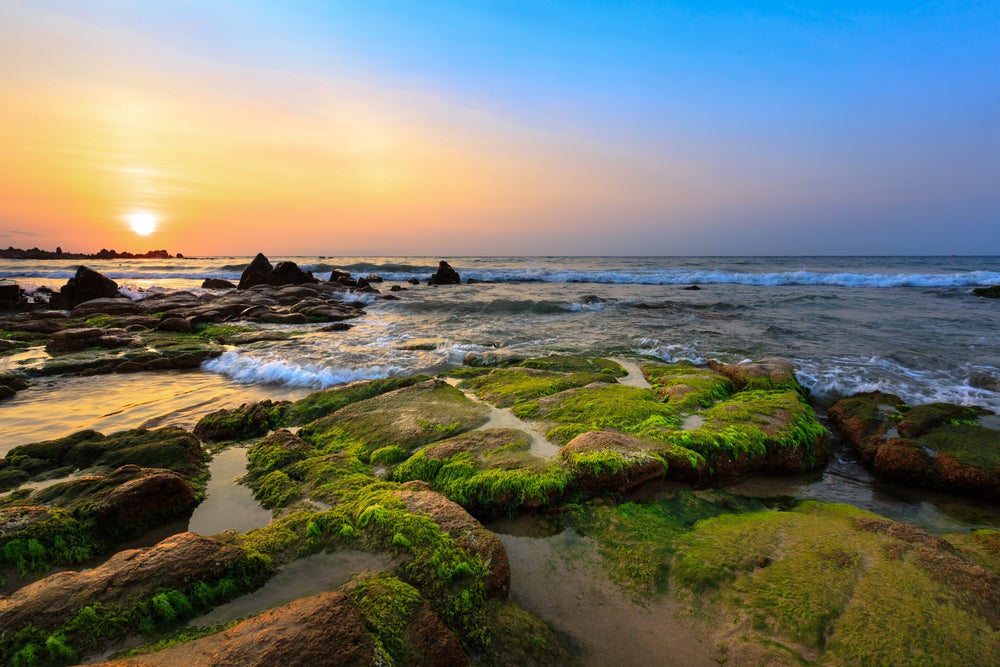
It strikes me that not all that many readers of Spear’s – full-throated supporters as I dare say you all will be of what students like to call ‘late capitalism’ – are temperamentally in sympathy with environmentalists. That fine writer Robert Macfarlane – whose shtick is to forge deep into forests, up mountains, down ancient pathways and such accompanied by his fine literary sensibility and rapturous feeling for the transcendent unities of the natural world – might not, then, seem an obvious subject.
Macfarlane, you might think, is just the sort of person who would object to the placement of a mining concession or a chemical factory on the grounds that it interrupted the migration route of a rare, thumbnail-sized brown frog and care not a whit for the dent that such an objection could make to shareholder value. And yet, as I was reading his new book, Is a River Alive?, ahead of our conversation for a podcast, I found myself thinking that this is something the readers of this magazine might be interested to have a look at – and not just for the author’s way with a simile and his immaculately cadenced prose.
The titular question, you might harrumph, sounds a bit hippyish. Indeed, Macfarlane told me that when the title of the book was announced he had been clobbered from both sides of the ideological divide. Some of his interlocutors took the line: ‘Well, duh, obviously! Why do you even need to ask the question, you idiot?’ Others took the line: ‘Well, duh, obviously not! A river is H2O + gravity. Why do you even need to ask the question, you idiot?’ (I paraphrase, though only very slightly.)
And it’s true that in this book – which as well as being a philosophical investigation is an adventure story that takes its author through the cloud forests of Ecuador, down the polluted waterways of Chennai and by kayak through a terrifying river in the Canadian wilderness – Macfarlane is above all interested in philosophical and spiritual questions. He’s a bit of a natural animist. He wants to think about what it would mean to undo the Enlightenment (or even, before that, Biblical) division between humanity and the rest of nature, between the masters of the earth and the material resources over which we exercise dominion.
Nature and the meaning of life
But downstream, as it were, of that question is a legal one which is getting a purchase on legislatures around the world – and has been doing so ever since the excellently titled 1972 legal paper ‘Should Trees Have Standing?’ (which originated from a legal academic in California trying to perk up an inattentive class by asking: ‘What if nature had rights?’). The question is one which tends, in the first instance, to invite ridicule from a certain cast of mind. ‘Well, duh, obviously not! Why do you even need to ask the question, you idiot?’ Trees may stand, runs this line of thought – you may, indeed, encounter a stand of trees – but they cannot have standing.
And yet and yet. Here’s the ingenious bit. The idea that we might extend the legal fiction of personhood to a tree, or a river, or (for that matter) a rare, thumbnail-sized species of brown frog, and with it the concomitant idea that these things can have rights, doesn’t seem so completely absurd when you consider another legal fiction of personhood that we extend quite uncontroversially – indeed, on which much of the global economy rests.
As Macfarlane puts it: ‘It is normalised that a corporation, in the eyes of the law, is an entity with legal standing and a suite of rights, including the right to sue – but that a river who has flowed for thousands of years has no rights at all.’ And he has, there, doesn’t he, a point? What’s source for the abstract goose is sauce, as it were, for the concrete gander. And the ‘rights of nature’ movement has by pressing this point gained something of a toehold – even in the United States, where laws have been passed to protect the rights of (among other things) Pacific salmon, wild rice and Lake Mary Jane in Florida.
[See also: Ex Libris: The Secret History of Gold, by Dominic Frisby]
Are these two legal fictions of personhood destined always to be at loggerheads, their rights in competition? Is extractive capital always going to be at odds with the resources that it needs to extract to do its wealth-creating thing? The optimist in me likes to think not. If we’d given a bit more thought to the rights of Atlantic cod, for instance, the catastrophic population collapse around the end of the 20th century might not have happened – and, indeed, the fishing industry would be in better shape as a result. ‘Sustainability’, smart investors are realising, is in the long-term interests of both industry and the natural world. Maybe the hippies have a point.
Is a River Alive? by Robert Macfarlane (Penguin, £20, out now)
This article first appeared in Spear’s Magazine Issue 96. Click here to subscribe







